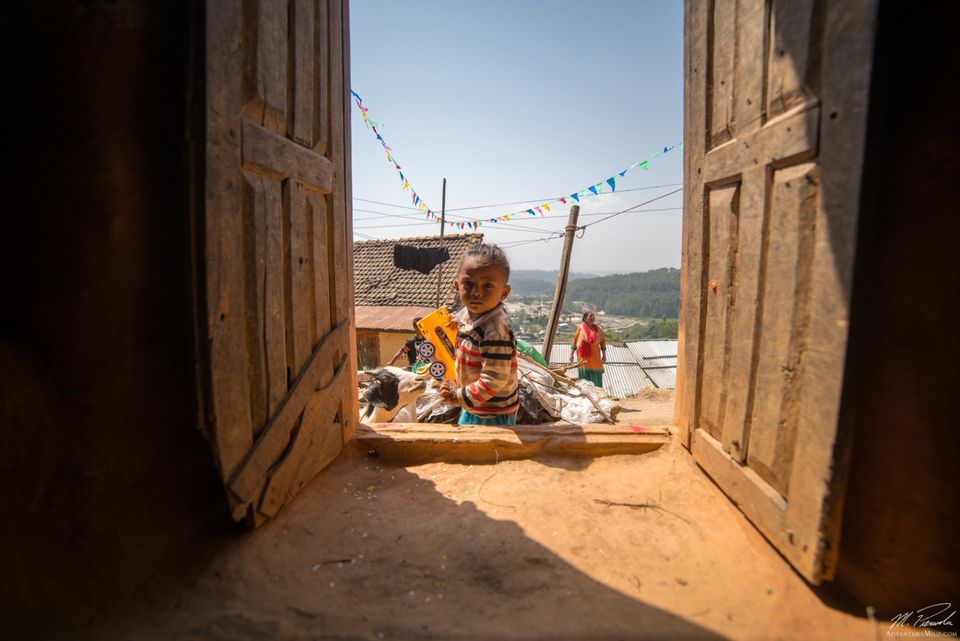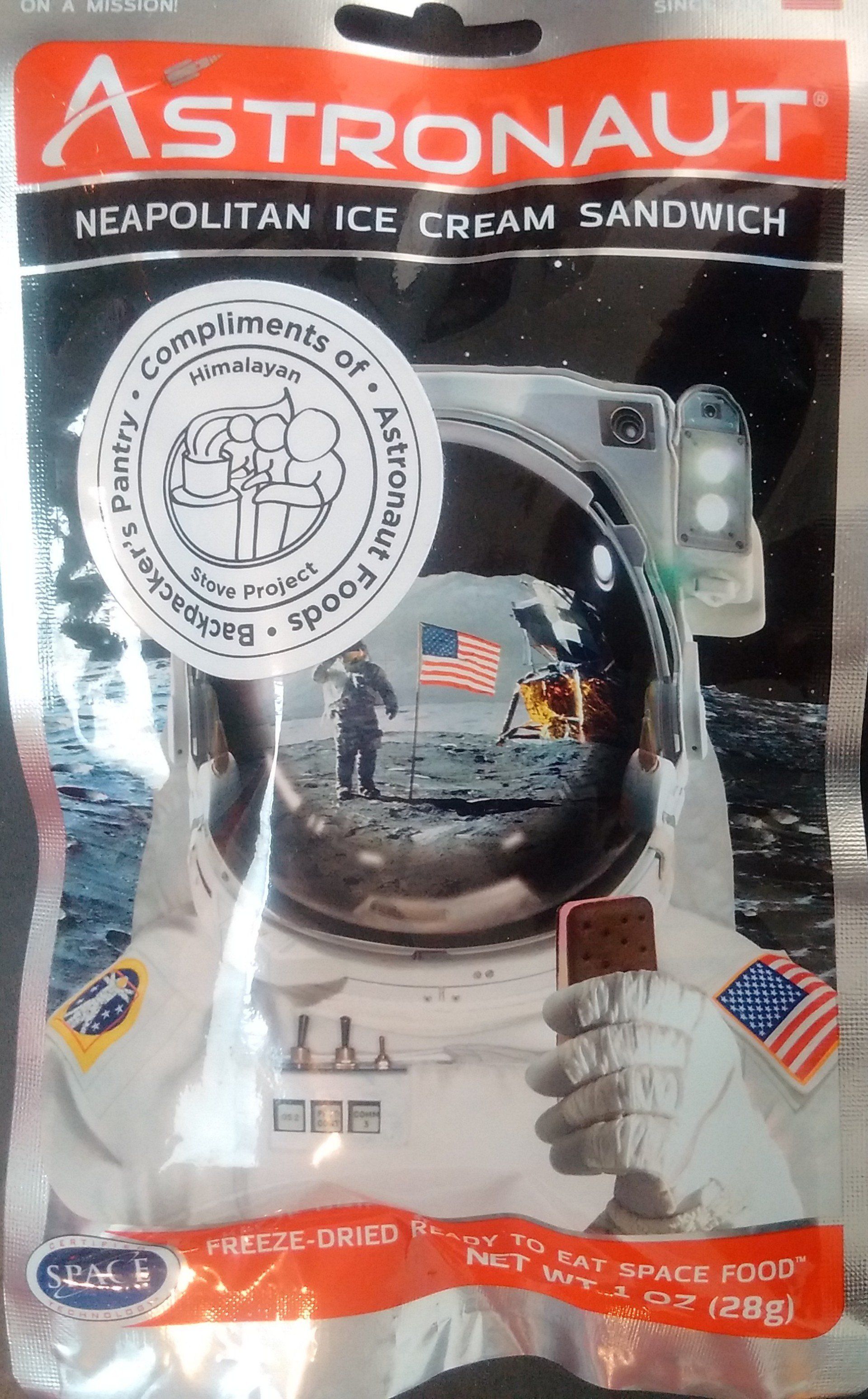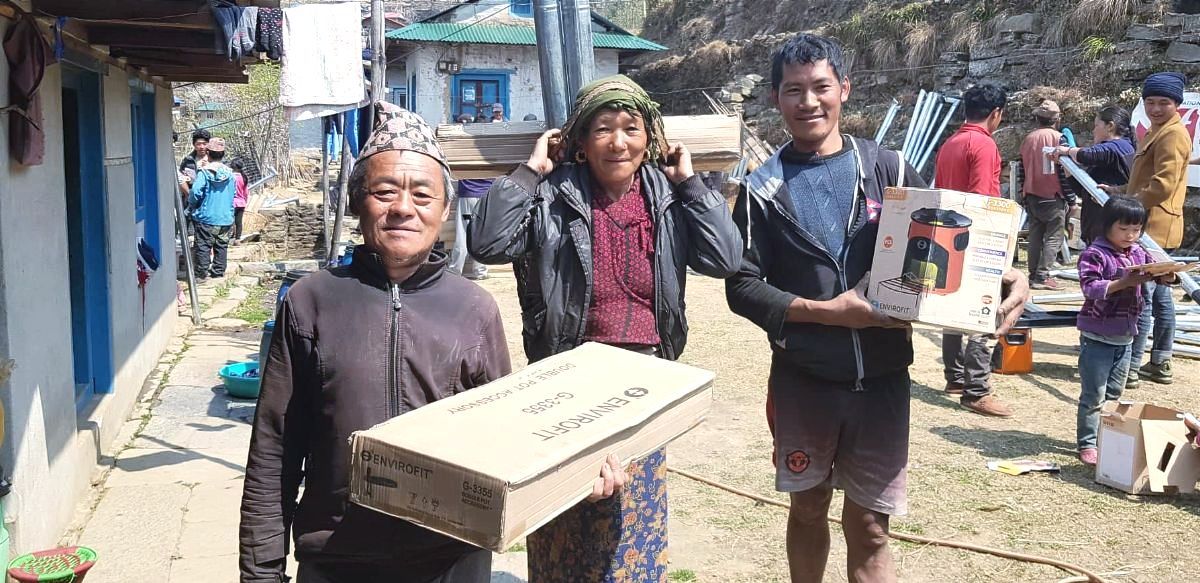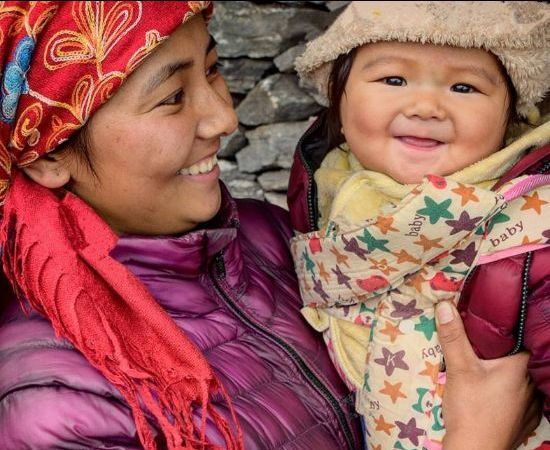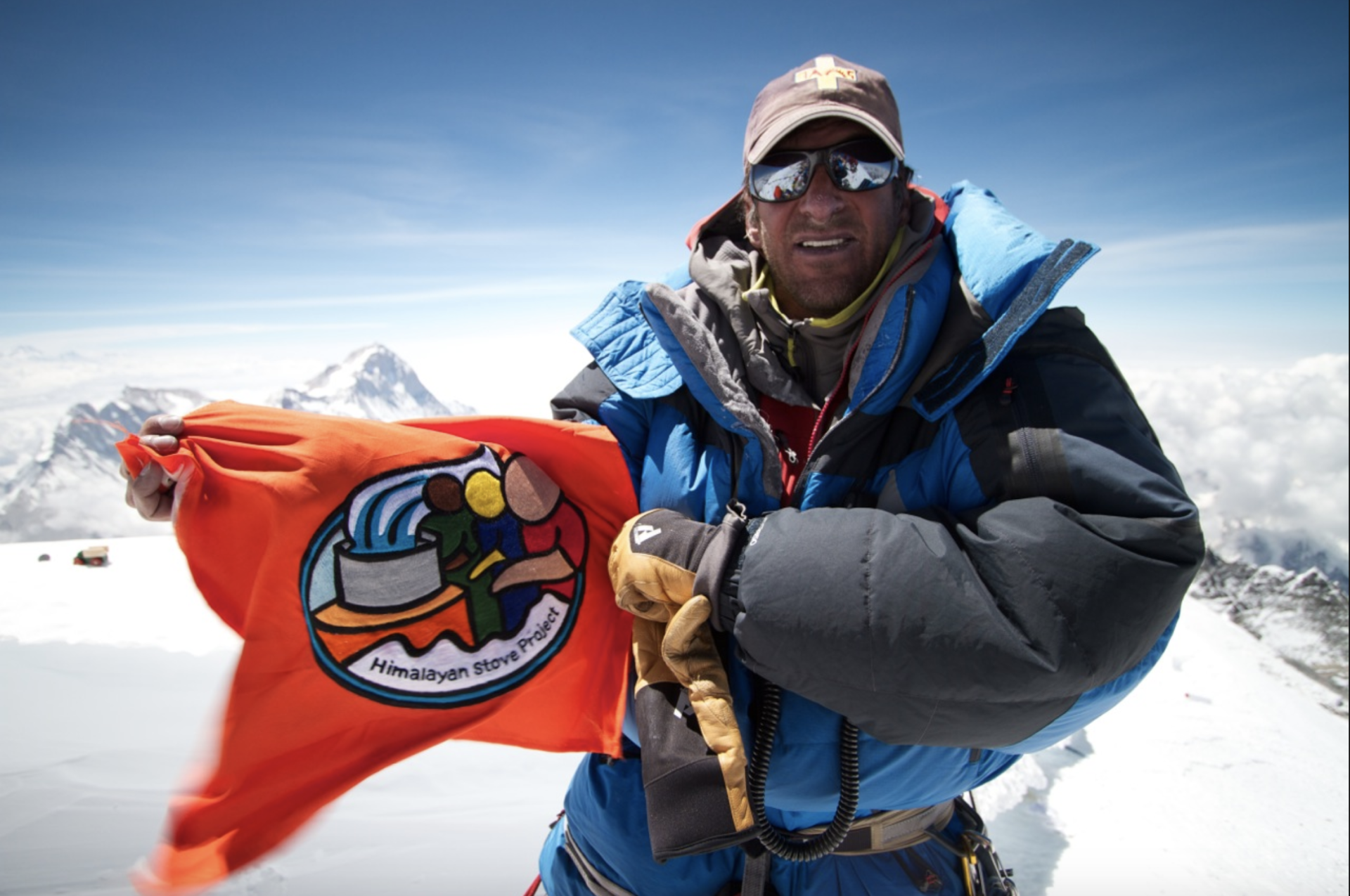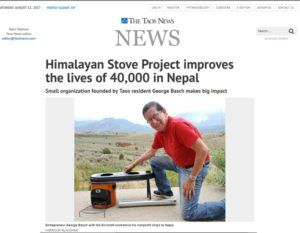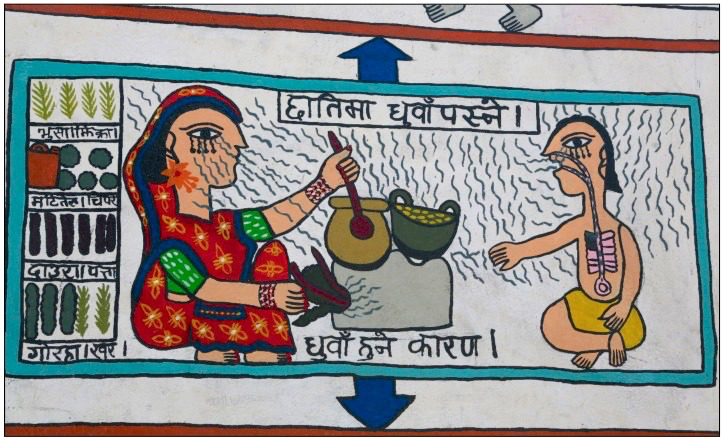
Women’s health is often viewed, more simply, as reproductive health. However, the World Health Organization (WHO) defines it more like, "a state of complete physical, mental and social well-being and not merely the absence of disease or infirmity". From the social justice perspective, a woman’s health includes the differences associated with that individual’s intersecting identities of race, class, gender, religion, socioeconomic standing, sexual identity and much more. However, all of this becomes even more vital when looking at the health of a woman in relationship to the country she lives in, particularly, how it is exacerbated by their standing within a developing country, where they are often even further disadvantaged, considering the experiences and risks particular to that place.
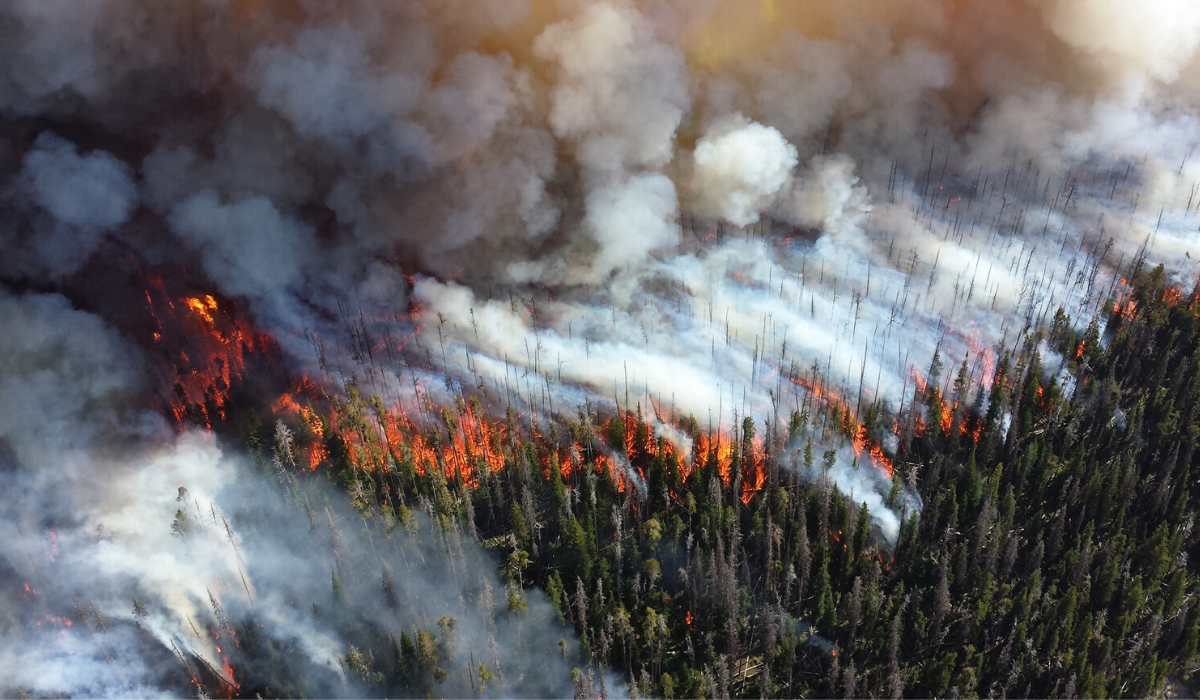
Though no longer making headlines, the Australian wildfires prompted another wave of global dialogue regarding climate change, and while these massive blazes have reduced, they continue to burn amongst dangerous heatwaves. The reporting and discussions die down, but Australia and the world will continue to face the cost of such huge blazes as they reoccur over time; lands and ecosystems lost, wildlife, precious sites, structures and human life. While it feels impossible to fully quantify and comprehend the impacts, what we do know is that climate change has increased the risk of these wildfires and the physical and emotional fallout that comes with extreme weather events. Recently, Richard Betts from the UK Met Office in Exeter and colleagues reviewed 57 peer-reviewed studies on the link between wildfire risk and climate change, the results? All 57 studies found that climate change increases the severity or regularity of weather conditions such as high temperatures, wind, low humidity and low rainfall which stoke the likelihood and ability for this new era of severe wildfires. The wildfires themselves as does any smoke, feedback into the climate cycle by giving off more carbon and increasing the overall atmospheric levels. The Australia fires alone have dumped an estimated 400 million tons of carbon into the atmosphere. For some perspective, a recent NPR interview points out that all of the industrial emissions (energy production, transportation etc.) in Australia in 2018 were around 530 million tons. While fires are a natural part of the cycles of forests and ecosystems, and professionals in fire ecology and atmosphere science will say that wildfires tend to be carbon neutral over time, the vegetation that is expected to regrow and help soak up carbon to maintain the balance is being stunted. According to Bob Yokelson, a researcher at the University of Montana, climate change is causing fires to burn more relentlessly, more often and in more places. Simultaneously, temperatures are rising, and rain patterns are shifting, potentially make it much harder for some forests to maintain the natural pattern of regrowth that would usually occur. As our planet and its systems begin to change, a new version of homeostasis comes into view. The good news is, we are learning, we are adjusting and we are still fighting to restore the balance of life, Earth and atmosphere as we know it.

Osprey Joins The Growing List Of Leading Outdoor Companies In Supporting The Himalayan Stove Project
Osprey Packs, the leading pack manufacturer based in Cortez, Colo., has become the latest outdoor gear manufacturer to support the Himalayan Stove Project (HSP).

